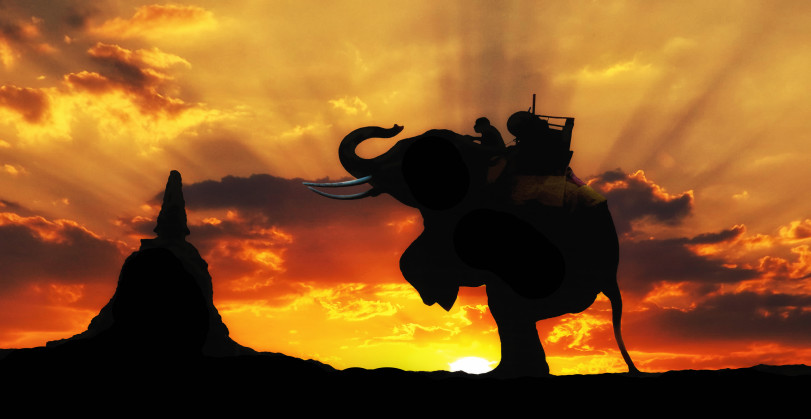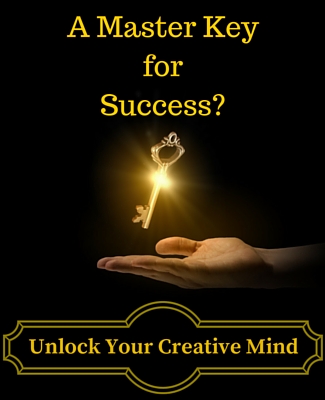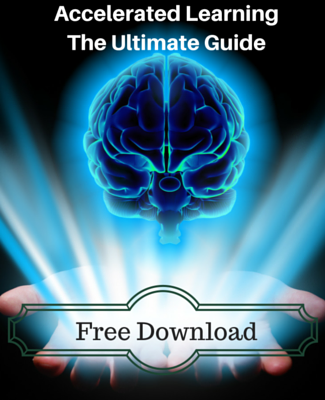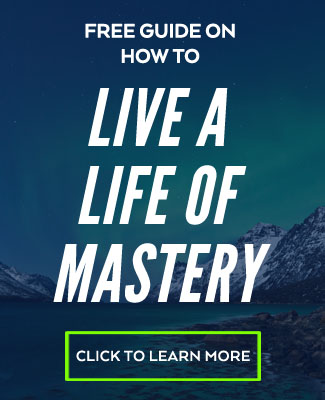A Key of the Mind: Passions and Intellect

Here is the single most fruitful idea in psychology in terms of understanding the workings of our own minds:
Two distinct systems of thinking drive us, both passions and intellect.
Each one is like a distinct character with different traits.
One is a hedonist and only cares about pleasure and pain. The other is a rational planner and can see how the present relates to the future.
Though it often feels like the intellect is in charge, the passions orchestrate most of the show from behind the scenes.
People have described this phenomenon at least since the dawn of the written word. In fact, many of the oldest writings that have survived to the present point directly to this very idea.
Metaphors for the Mind
Here is a short list of metaphors that will likely ring a bell:
- Passions and Intellect
- Angel and Devil
- Buddha nature and the monkey mind
- Plato’s Allegory of the Chariot
- Cherokee Parable: The Tale of Two Wolves
- Ego and Self
- Frued’s Theory of mind: Ego, Id, and Superego
- Daniel Kahneman’s – Thinking Fast and Slow
- The Rider on the Elephant
- And this is just scratching the surface
Let’s consider these ideas in the most basic terms:
Passions and Intellect
The Passions
We all know what it’s like to be driven by our emotions. Someone cuts us off in traffic. That waiter ignores our request while tending another table faithfully. Our boss gives our promotion to someone “less deserving”.
These situations all bring us to a powerful emotional response.
On a more positive note, consider being in the thralls of love, MLK’s “I have a dream” speech, the feeling of a home team victory, justice for the underdog, and the Little Engine that Could.
This is the more motivating side of the coin. It leaves us feeling alive, inspired, and ready to take action for “what’s right”.
The passions are perhaps the most powerful system within our body. They drive us from an unconscious level. We don’t have to think about it, and in fact, we can’t.
Passions are about feeling, not thinking.
The Intellect
Then we have the more rational side of ourselves.
This is the part of us who can consider the long-game. It knows that “winter is coming,” and we had better start making some damn good preparations if where to whether the storm (or the walkers).
Intellect is our ability to think abstractly, comprehend mathematics, express ideas with symbols, and it’s the part of us that feels like it’s in charge. The term “executive processing” is often used to describe this type of rational thought.
But there’s a serious cognitive illusion here:
More often than not, we just use our intellect to rationalize gut-level decisions that we made before we really thought about it.
The Elephant and the Rider
In The Happiness Hypothesis, Jonathon Haidt borrows an ancient Buddhist metaphor to relate the nature of the mind. This picture presents the passions and intellect as a giant elephant with a tiny rider on top.
The elephant is our passions while the rider is the intellect.
Though the rider can direct the elephant via training and learned commands, it’s the elephant who’s running the show. That is, the rider can smack the elephant on one side or the other to motivate it, but it’s the elephant who’s making the moves.
In the event that the elephant decides to run wildly through the forest and thrash about, the rider can do little more than hold on for dear life and try to weather the storm.
Am I the Rider or the Elephant?
When it comes to how we feel, we all identify with the rider. That’s because the rider is the part of the mind that we can consciously control. By contrast it often feels like emotions are something that “happens to us”.
In reality, we are the whole system, the elephant and rider team. So to achieving the outcomes we’re looking for, we need to achieve synergy between this dynamic duo.
So What’s a Rider to Do?
In a single word: alignment. To be at the top of our game, we need to foster integration between the passions and intellect. Doing so gives us the ability to direct our lives the way we choose.
And this process starts by fostering awareness. For example, we can practice noticing our impulses. When we feel a drive to do something, is that coming from the rider or elephant half of the equation?
Remember, the elephant lives in the here and now. Only the rider can think ahead.
The best practice I’ve found is to simply Get in The Game.
This way when the elephant rears up with an intention, we can at least reflect if this intention is one we’d like to honor not.
Are you run by the passions, intellect, or a combination?
I struggle with these two sides of myself on a daily basis. How about you?
What areas of your life do you find it easy or difficult to navigate this dichotomy?
Also, do you have any tips or tricks to help the rest of us out? The Game seems to be working for me. Have any of you had any success or struggles in your own Game? Share your triumphs and tribulations below and let’s take things to the next level.


